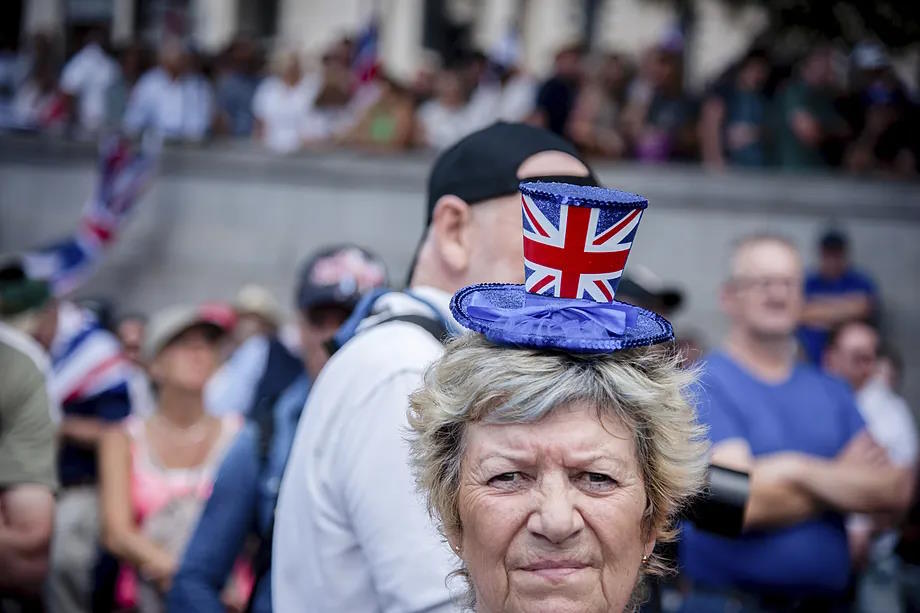British pride in their own history has plummeted over the past decade. In 2013, 86% of the inhabitants of the British Isles looked back with satisfaction at the past, compared to 64% in the latest annual survey by British Social Attitudes. The sharp drop of 22 points on the patriotism scale has sparked a crossfire of conflicting opinions in the past week. What is really happening in the country beneath the deceptive facade of Brexit?
For some, the survey is nothing more than a reflection of the increasing diversity and changes in British identity, with 19% of the population being non-white. For others, this is the cumulative effect of the woke ideology in schools, universities, and institutions, despite 14 years of successive conservative governments.
Interestingly, Britons still hold pride in high regard when it comes to boasting about the artistic and literary achievements (79.3%) and sporting merits (77%) of their compatriots. However, the decline is even more noticeable in the assessment of their country's contribution to democracy (53%), political influence in the world (47%), or economic achievements (44%).
"We are witnessing the portrait of a country redefining itself, and the change we are seeing may be influenced by the growing diversity of the population," confirms Gillian Prior, deputy director of NatCen, the research institute that has been reviewing the social attitudes of Britons since 1983.
"There are two very different ways of understanding British identity," warn the authors of the survey. "One is a multicultural view of society that accepts the cultural diversity brought by waves of migration since the post-war period. The other is that of a proud country that resisted the Norman invasion and treasures a cultural and historical legacy that should be preserved."
"The decision to leave the European Union may suggest that the second view is more deeply rooted in public opinion," concludes the British Social Attitudes study. "However, what seems to have happened in the past decade is that British identity has taken on a civic and inclusive character."
The survey results have been denounced by the conservative press as "depressing" and as "the product of the rise of left-wing circles that have been hammering our own history for years, leading to this damn shipwreck" (Philip Johnston in The Daily Telegraph).
"We have witnessed a Marxist usurpation by people who hate this country," is the conclusion of the Member of Parliament and leader of Reform UK Nigel Farage, in response to the survey and in statements to the ultra-conservative channel GB News. "From primary school to university, the educational establishment has reveled in denigrating the past of the United Kingdom."
Alex Scholes, another researcher involved in the survey with 5,600 Britons, acknowledges that the free fall of "historical pride" may be related to the ongoing debate on slavery and the role of the British Empire in recent years.
Scholes highlights, however, that the shift in attitude towards history also reflects "the rise of civic ideas about what it means to be British, in contrast to the ethnic idea of nationalism linked to birth, ancestors, and the Christian faith."
One wouldn't say: eight years after Brexit, the inhabitants of the United Kingdom have a "less exclusive" view of what it means to be British, they have developed a much more critical attitude towards their political class, and are even "less inclined to show a sense of superiority when compared to the rest of the world."
